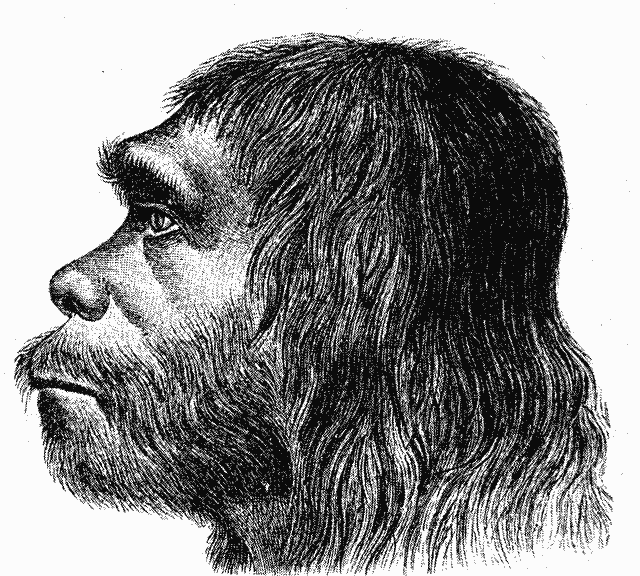
Researchers have discovered a series of creativity-linked genes that may have given Homo sapiens a significant edge over Neanderthals, enabling them to avoid extinction.
The findings suggest that these genes played “a fundamental role in the evolution of creativity, self-awareness and cooperative behavior,” the multinational research team wrote Wednesday in the Nature journal Molecular Psychiatry.
Such genes were like “a secret weapon” that gave modern humans “a significant advantage over now-extinct hominids by fostering greater resilience to aging, injury, and disease, they wrote.
Led by Granada University in Spain, the experts identified 267 genes unique to humans, and through genetic markers, genetic expression data and AI-related MRI techniques, found they were related to creativity.
“The scientists were able to identify the regions of the brain in which those genes (and those with which they interacted) were overexpressed,” they wrote.
“These regions are involved in human self-awareness and creativity, and include the regions that are strongly associated with human well-being and that appeared relatively recently.”
Previously, the same team had identified a pool of 972 genes organized into three brain networks, the oldest—which relates to learning habits, social attachment and conflict resolution—dating back 40 million years.
The second network—which relates to intentional self-control—emerged 2 million years ago, while the newest, governing creative self-awareness, only emerged 100,000 years ago.
“Thanks to these genes, Homo sapiens enjoyed greater physical fitness than now-extinct hominids, providing them with a superior level of resilience to aging, injury, and disease,” they wrote.
“Physical fitness, or resilience, is intrinsic to the definition of creativity,” said the study’s lead author Igor Zwir.
The finding offers fresh insight into the mystery of why Homo sapiens outlived the Neanderthals and other species.
The authors said creativity may have encouraged cooperation between individuals which would have set the stage for technological innovation, behavioral flexibility and openness to exploration, enabling them to spread out more successfully than their predecessors.

